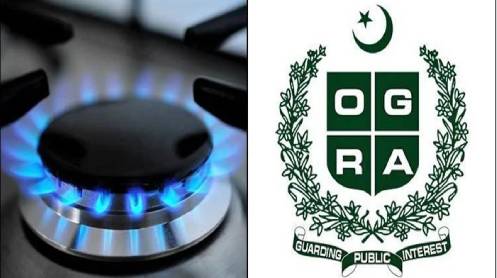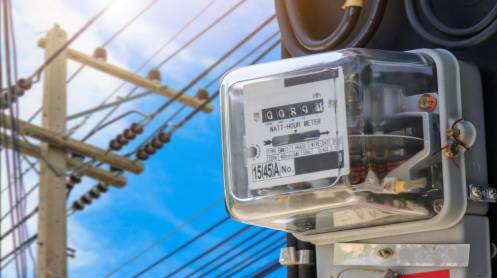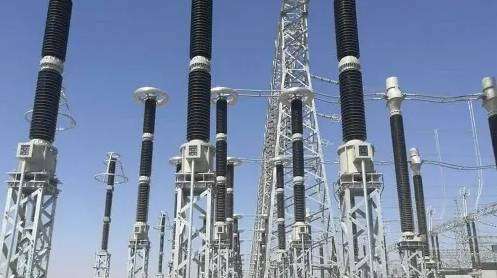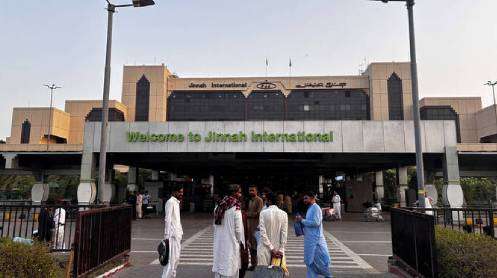ISLAMABAD: The government is considering a major policy shift to move from biannual to quarterly gas price revisions, aligning the gas sector’s tariff mechanism with that of the power sector in a bid to strengthen the financial health of gas utilities and contain the growing circular debt.
Under the proposed system, the Oil and Gas Regulatory Authority (OGRA) will notify revised gas tariffs every three months instead of twice a year. The Petroleum Division has already asked OGRA to propose amendments to existing regulations, with a final report expected to be shared with the federal cabinet by the end of November.
Officials said Sui Northern Gas Pipelines Limited (SNGPL) and Sui Southern Gas Company (SSGC) have also sought approval for an automatic pass-through mechanism of the energy cost component to consumers—similar to the monthly fuel cost adjustment system in the power sector.
Currently, delayed tariff notifications have weakened the financial position of public utilities, contributing to the accumulation of circular debt. The Petroleum Division believes that timely revisions will help mitigate these losses and ensure cost recovery.
Meanwhile, the government is also working to phase out the existing cross-subsidy structure in the gas sector and replace it with targeted subsidies under the Benazir Income Support Programme (BISP). The reform is part of commitments made to the International Monetary Fund (IMF) under the Resilience and Sustainability Facility, with the new system expected to be operational by 2026.
Residential consumers currently benefit from over Rs150 billion in cross-subsidies financed through higher tariffs on captive power plants and industrial users. However, recent levies on captive plants have increased their gas costs, reduced consumption, and weakened the ability to cross-subsidise household consumers.
Story by Zafar Bhutta







